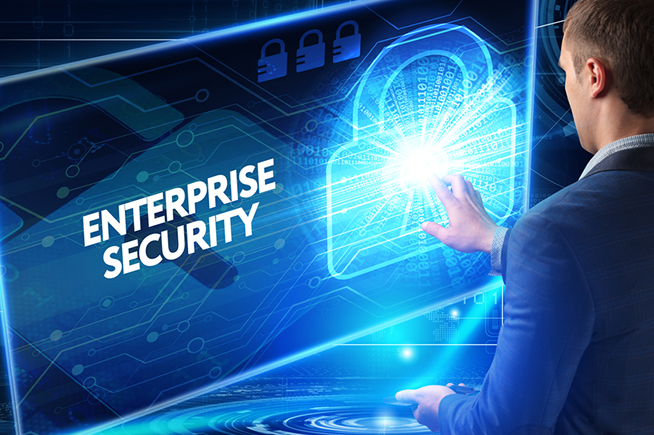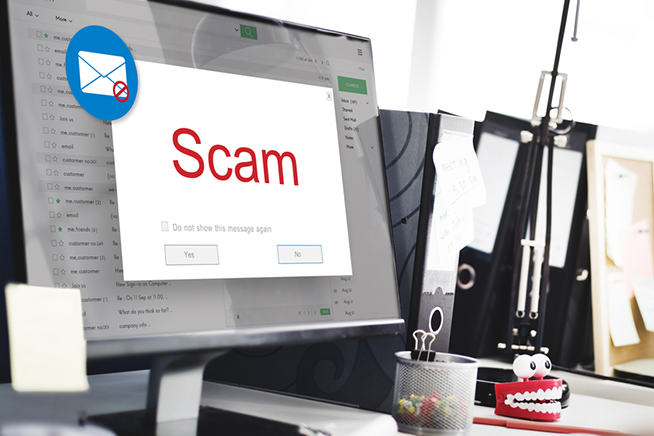Our country has entered the top 10 of the nations most affected by cyber criminals, meanwhile Sapienza University is activating the first degree course in Cybersecurity
Getting into the rankings is not always a reason to boast. So there is little reason to celebrate Italy's entry into the top 10 countries most affected by hackers. Italians' data is constantly at risk, from institutions to ordinary citizens, with a greater risk for small and medium-sized businesses.
Between 2016 and the beginning of 2017, our country saw a surge from hacker attacks. There was the Eyepyramid affair, consisting of malware created ad hoc to spy on the emails and conversations of well-known political figures. Without forgetting the scandal of the hacker attacks on the Farnesina in 2016, reported a few weeks ago by the British newspaper The Guardian. E nello stesso periodo il Clusit nel suo report inserisce l’Italia come uno dei primi obiettivi mondiali per i cyber criminali. Non a caso a metà febbraio il Governo ha aggiornato il decreto ministeriale in materia di sicurezza informatica.
I pericoli per le PMI

Premi sull’immagine per scoprire come difendere la propria azienda
Sin qui però abbiamo parlato di istituzioni e grandi realtà, nell’incontro tenutosi all’Università la Sapienza, in merito all’Italian CyberSecurity Report 2016, realizzato dal CIS-Sapienza e dal Laboratorio Nazionale di Cyber Security, è emerso invece che i soggetti più a rischio sono le piccole e medie imprese. Durante la presentazione è stato fatto il punto della sicurezza informatica nel nostro Paese e si è notato come negli ultimi mesi siano cresciuti in maniera esponenziale i numeri riguardanti gli attacchi ad aziende piccole e micro. Il problema è dato spesso dalla poca formazione e dalla scarsa conoscenza del tema. Le richieste degli hacker quando colpiscono un’azienda di ridotte dimensioni sono abbastanza basse e spesso chi gestisce l’azienda preferisce pagare 100-200 euro piuttosto che denunciare o approfondire l’argomento. Il settore più colpito è la sanità, seguito dalla grande distribuzione e dalla finanza.
Come attaccano gli hacker
 Fonte foto: Shutterstock
Fonte foto: Shutterstock
Premi sull’immagine per scoprire i trucchi per difendersi dal phishing
Il metodo più usato contro le piccole e medie imprese è quasi sempre lo stesso: i ransomware. The new malware that is bringing the Internet to its knees. This type of virus is not complicated but exploits people's lack of knowledge to push them to download malware and infect their computers. But it also acts on smartphones, it's no coincidence that corporate phones have been blocked en masse by ransomware in the last period. Often the ransom demanded is minimal but paying is not the right choice because it fuels the phenomenon. In order to help companies during the Roman meeting, 15 basic verifications regarding cybersecurity were drawn up that all companies should do to keep their business protected.
The university course
La Sapienza meanwhile has activated the first master's degree course in Cybersecurity in Italy. Gli esami saranno incentrati sulla formazione per le aziende in merito alla sicurezza informatica e insegneranno agli studenti a prevenire, e in caso anche a curare, un attacco hacker alle PMI o alle grandi aziende.
Come difendersi dagli attacchi hacker
Cliccando sui link che seguono, invece, potrete scoprire suggerimenti, alcuni più tecnici altri più alla portata di tutti, riguardanti la sicurezza informatica e scoprire le tipologie di attacchi più comuni: dagli attacchi DDoS al phishing, passando per le botnet.
- Dai cyber terroristi ai White hat hacker, ecco chi sono e cosa fanno
- Proteggere la privacy e dati personali, i consigli dell’esperto
- Sei consigli per mettere al sicuro la vostra piccola o media impresa
- Dieci consigli per non cadere nella trappola di una e-mail phishing
- Come proteggere la tua mail con Password Sicura: cos’è e come funziona
- Salvarsi dagli hacker: 5 errori da non commettere
- Allarme virus, trojan e ransomware, la guida per difendersi
- Cosa sono i ransomware e come si diffonde il contagio
- Pericolo ransomware: come difendersi con buone pratiche e antivirus
- Dilemma ransomware: è possibile fermare il “virus del riscatto”?
- Attacco ransomware: piccole e medie imprese in pericolo
- Cosa sono gli attacchi DDoS, come nascono e come difendersi
- Cos’è il phishing? Una pericolosa truffa: ecco come non abboccare
- Privacy online: ecco come salvaguardare i nostri dati personali
- Come creare una password forte per proteggere l’identità online
- Addio ai furti di password, ecco la verifica in due passaggi
- I migliori password manager per mettere al sicuro i propri dati
